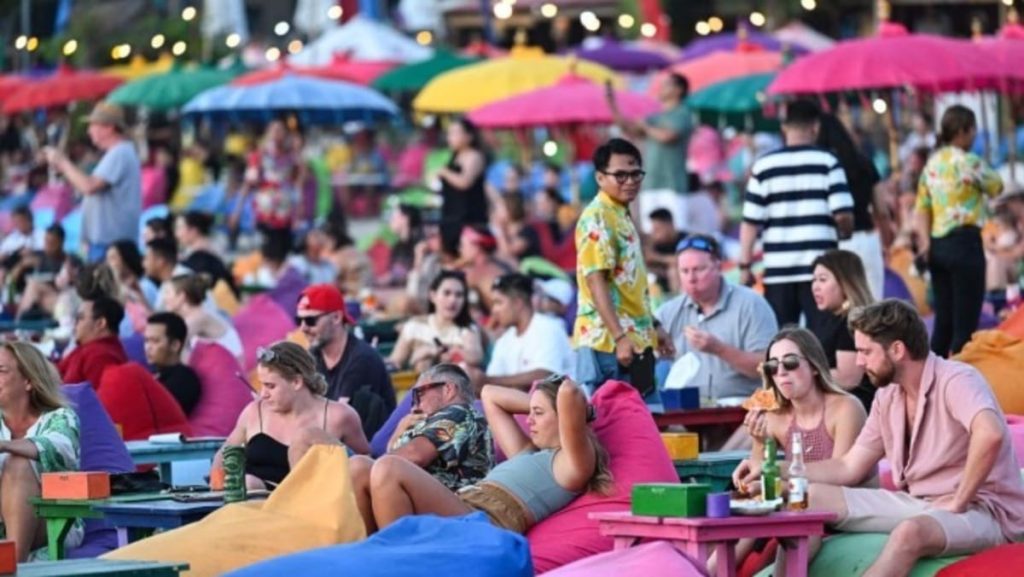The Indonesian resort island of Bali is looking to temporarily halt the construction of new hotels and villas in its southern region to curb overdevelopment and preserve agricultural land amidst a tourism boom. The planned moratorium will target the Sarbagita region encompassing Denpasar, Badung, Gianyar, and Tabanan. The Bali government has formally made the request to the central government in Jakarta for the enforcement of this measure, with the duration of the suspension yet to be specified by acting governor Sang Made Mahendra Jaya.
Tourism and Creative Economy Minister Sandiaga Uno has confirmed that the proposal will be reviewed by his ministry and discussed at an upcoming cabinet meeting with President Joko Widodo. He highlighted that the moratorium has the backing of academics and tourism stakeholders. The aim of halting construction in south Bali temporarily is to prevent overtourism and manage development more effectively. The central government may take over the management of future building permits in Bali, with local authorities having a consultative role in the process.
Despite a drastic decrease in tourist arrivals in 2021 due to the COVID-19 pandemic, Bali has experienced a rebound in numbers this year. From January to July, the island welcomed 3.89 million foreign tourists, up from 2.9 million during the same period in 2020. Australians dominated visitation numbers, followed by visitors from India, China, the UK, the US, South Korea, Malaysia, and Singapore. The influx of tourists has seen a surge in new developments in Bali, raising concerns locally about the impact on agriculture and food security in critical agricultural areas like Gianyar and Tabanan.
One major concern stemming from the development boom in Bali is the transformation of rice fields into luxury villas, threatening the island’s food security. The surge in villa development is driven by high demand from affluent individuals, both local and international, as well as the availability of golden visas for foreigners. Villa prices in popular areas of Bali range from 2.2 billion to 5 billion rupiah, with varying sizes starting from 100 square meters. The trend of turning agricultural land into real estate for tourism purposes has prompted the Bali government to take action to control future development and protect vital agricultural areas.
The proposal for a moratorium on new hotel and villa construction in south Bali has the aim of striking a balance between developing the tourism sector and preserving the island’s natural and agricultural landscape. With the anticipated discussion of the measure at an upcoming cabinet meeting, stakeholders in the tourism industry, academics, and government officials hope that the centralised management of future building permits will lead to more sustainable development practices. By temporarily halting construction in the southern region, Bali is taking steps to prevent overtourism and protect its valuable agricultural land resources.















